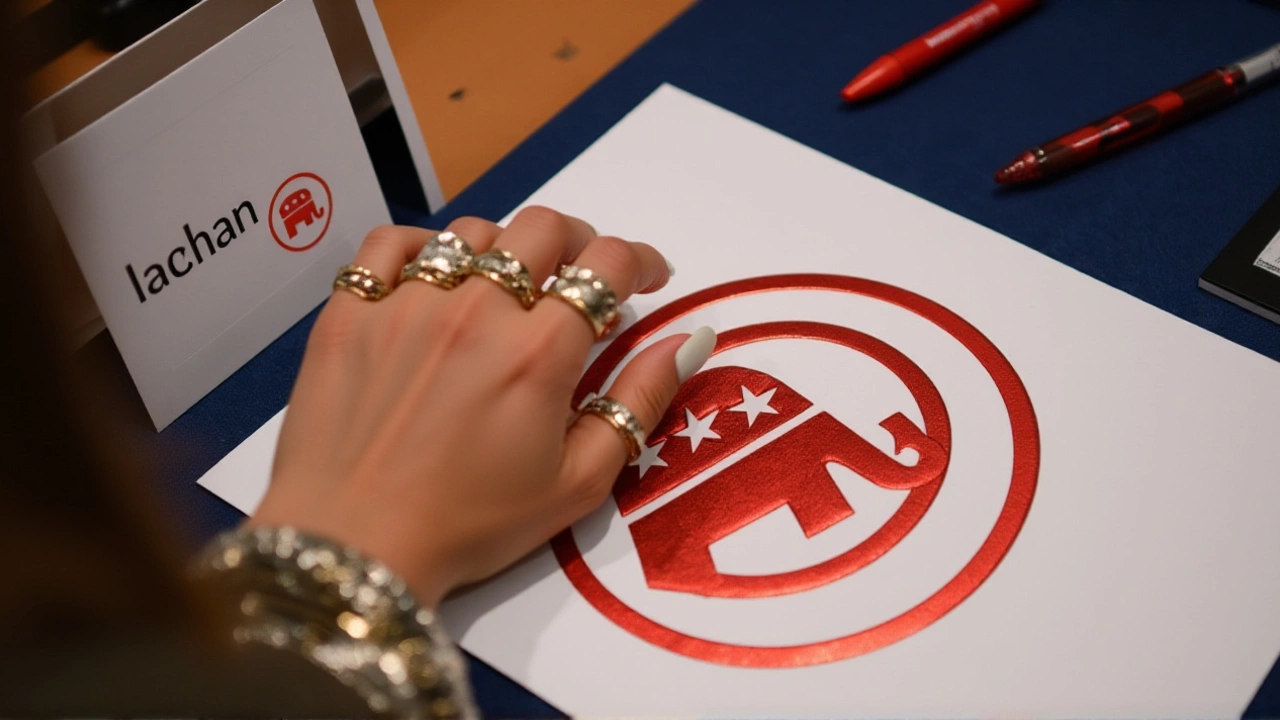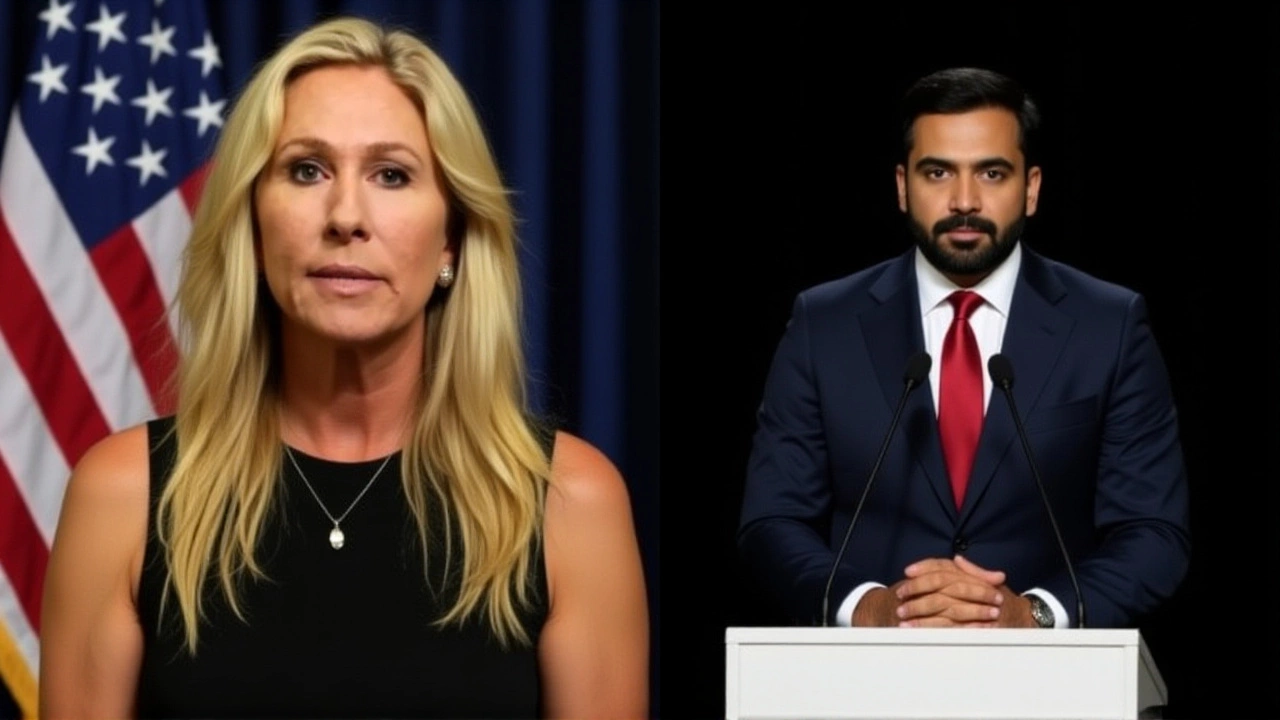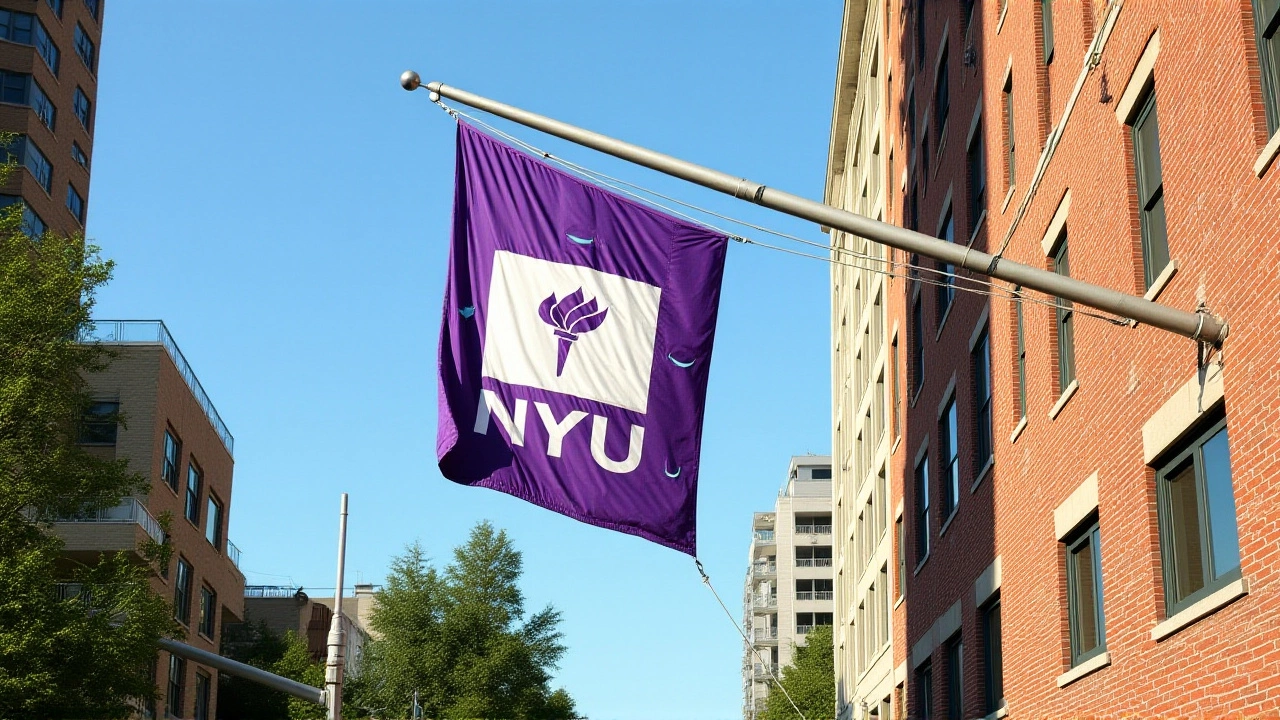When Elijah Schaffer, a conservative commentator known for his incendiary social‑media posts, publicly demanded armed security for a planned NYU College Republicans event, the university pulled the plug just hours later. The cancellation came on at New York University’s Washington Square campus, and it set off a whirlwind of petitions, rallies, and legal threats that have kept the campus buzzing ever since.
Background and mounting campus tension
New York University (NYU) has been wrestling with a series of flashpoints this spring. A vandalism incident in the Bobst Library prayer room earlier in March and a widely circulated hack accusing the school of “illegal discrimination” left many students on edge. Linda Mills, NYU’s president, addressed these concerns in a campus‑wide email on , warning that national policy shifts were threatening student visas and that campus climate needed careful stewardship.
Event planning, speakers, and the petition surge
The NYU College Republicans (NYU College Republicans) had scheduled a panel titled “Immigrant Invasion” for the afternoon of April 10. The lineup featured three controversial figures: Elijah Schaffer himself, journalist Sarah Stock, and former White House correspondent Lucian Wintrich. Their past remarks—ranging from xenophobic rhetoric to alleged white‑supremacist affiliations—prompted a furious response from the NYU Students Democratic Society (SDS).
On , SDS member Caleb Levy launched an online petition demanding the event’s cancellation. Within hours, the petition swelled to more than 4,500 signatures and earned endorsements from 40 student groups, including the NYU College Democrats (NYU College Democrats) led by President Saha Guerrero and Vice‑President Tasha Savas. The petition’s language condemned the panel as “xenophobic” and called on NYU to protect “the safety and dignity of all students.”
Schaffer’s armed‑security request and NYU’s swift cancellation
In a brazen Instagram story posted the evening of April 9, Schaffer replied to the growing backlash with a demand for “armed security on campus” to protect himself and his fellow speakers. The post included a selfie taken outside the NYU Bookstore at 70 Washington Square South, a location that would later become a flashpoint for protests. NYU’s administration, citing “safety concerns” for the broader campus community, announced the cancellation on the morning of April 10. The official statement made no direct reference to Schaffer’s request, but the timing left little doubt about the causal link.
After the cancellation, Wintrich took to Instagram, calling the NYU College Republicans’ leadership “spineless” and accusing them of “displaying disgraceful weakness under mild pressure.” Schaffer, meanwhile, promised legal action against the university, claiming that its public statement violated his First Amendment rights.

Student and community reaction: protests, press conferences, and political involvement
Outside the university’s administrative building, SDS activists staged a rapid press conference that featured Councilmember Keith Powers, a candidate for Manhattan Borough President. Powers condemned the panel’s rhetoric and pledged to work with student groups to ensure campus safety. The following day, more than 40 students, alumni, faculty, and local activists gathered in Washington Square Park to demand accountability.
Jude Finkelberg, a sophomore SDS member, told the Washington Square News that “NYU admin often delays or ignores pressure, but we’re not backing down.” Guerrero added in a separate interview, “It’s disgraceful that the College Republicans leaders are too cowardly to own their actions. They’ve invited people who align with neo‑Nazis, and the administration has stayed silent.”
The rally featured chants, a moment of silence for students who felt threatened by the panel’s language, and a petition drive that pushed the signature total past 5,000 by the end of the week.
Legal threats, alternative venues, and the road ahead
Undeterred, Schaffer announced that the panel would be relocated to a private venue in Brooklyn on . He filed a preliminary injunction request with New York State courts, arguing that NYU’s cancellation constituted a “viewpoint‑based” discrimination. Legal scholars note that university speech codes are currently under intense judicial scrutiny, especially after the Graham v. University of Texas ruling earlier this year, which emphasized "the narrow tailoring of restrictions to genuine safety concerns."
NYU’s administration has not issued a formal response to the planned Brooklyn event, nor has it clarified whether any disciplinary action will be taken against the College Republicans chapter. Meanwhile, the College Democrats have organized a counter‑talk series on campus called “Voices for Inclusion,” scheduled to begin the following week.

Historical context: free speech battles on college campuses
The clash at NYU echoes a broader national trend. Over the past decade, universities from UCLA to the University of Michigan have grappled with the fine line between protecting free expression and safeguarding students from hate speech. In 2022, a similar controversy at Columbia University led to the cancellation of a panel featuring a far‑right commentator after violent threats were made against student groups. Those incidents prompted the American Association of University Professors (AAUP) to call for clearer policies that balance constitutional rights with campus safety.
What makes the NYU episode distinctive is the explicit request for armed security—a rare escalation that forced the administration to act pre‑emptively. It also highlights how quickly digital petitions can mobilize large swaths of the student body, turning a campus issue into a citywide political flashpoint.
What’s next? Ongoing monitoring and potential policy changes
As of now, NYU has set up a task force comprising faculty, student representatives, and security experts to review its event‑approval procedures. The task force’s final report, expected by the end of the semester, could lead to new guidelines that require advance risk assessments for any speaker with a history of extremist statements.
Students remain vigilant. “We’ll keep pressing until the university publicly names the steps it’s taking,” Guerrero told the WSN. “If they want to claim they care about inclusivity, actions must speak louder than statements.”
Frequently Asked Questions
Why did NYU cancel the ‘Immigrant Invasion’ panel?
University officials cited safety concerns after panelist Elijah Schaffer publicly demanded armed security for the event. The request, coupled with a fast‑growing petition urging cancellation, prompted administrators to call off the panel to protect the broader campus community.
Who organized the petition that led to the cancellation?
The petition was launched by the NYU Students Democratic Society (SDS) on April 9, 2025. Within hours it gathered over 4,500 signatures and received endorsements from roughly 40 student organizations, including the NYU College Democrats.
What legal actions has Elijah Schaffer announced?
Schaffer filed a preliminary injunction request in New York State courts, arguing that NYU’s cancellation infringed on his First Amendment rights. He plans to pursue further legal remedies if the university does not reverse its decision.
How have city officials responded to the controversy?
Councilmember Keith Powers, running for Manhattan Borough President, joined SDS in a press conference, condemning the panel’s alleged xenophobia and urging NYU to uphold campus safety and inclusive values.
What steps is NYU taking to prevent similar incidents?
NYU has formed a task force of faculty, security experts, and student leaders to review speaker‑approval protocols. The group is expected to deliver policy recommendations by the semester’s end, focusing on risk assessment and clearer guidelines for controversial events.
